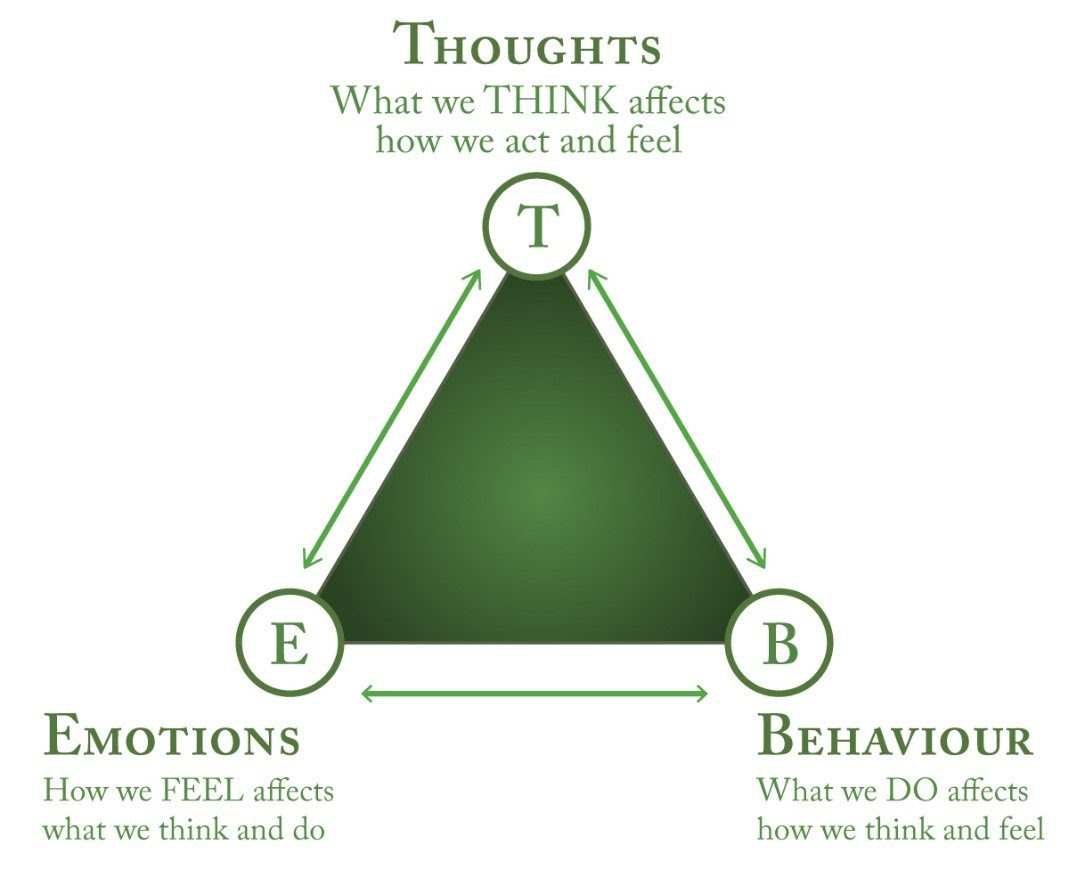“The bad workouts are the most important ones. It’s easy to train when you feel good, but it’s crucial to show up when you don’t feel like it—even if you do less than you hope. Going to the gym for 15 minutes might not improve your performance, but it reaffirms your identity. It’s not always about what happens during the workout. It’s about becoming the type of person who doesn’t miss workouts.” — James Clear

Your identity dictates your action. Your belief drives your behavior.
- Your identity is the label that defines “Who You Are.” 1
Turning Values into time
Values are attributes to the type of person you want to become.
To identify someone’s values, observe:
- Their calendar: How they spend their time.
- Their account book: How they spend their money.
Actionable Steps:
- Define Your Values:
- Ask yourself: “What kind of person do I want to be?”
- Turn Your Values Into Your Time/Expenses:
- Ask yourself: “How would the person I want to become spend their time and money?”
- Using our values as a guide to scheduling our time and making financial decision.
- Track and Reflect:
- Regularly review your calendar and spending habits to ensure they align with your values. Use this as a guide to plan your day and make decisions about your schedule.
“Be more concerned with your character than with your reputation, because your character is what you really are, while your reputation is merely what others think you are.” — John Wooden
- Your character is who you are on the inside (at some deep level). Your reputation is who others see on the outside.
- Your character is who you are when no one is looking. Your reputation is who others see when they are looking.
- Your character is who you are when facing a crisis. Your reputation is who others see when facing a crisis.
See also:
- Cultivate a strong bias towards action
- Your relationship with yourself sets the tone for every other relationship you have
- Discipline equals freedom
Footnotes
-
“It’s part of who I am.” ↩